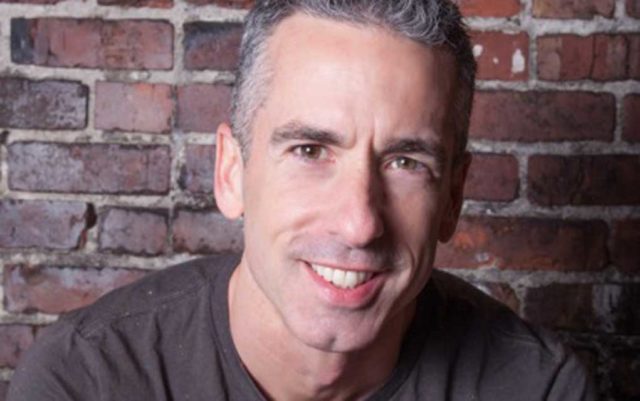
Dear Dan: As a 36-year-old straight woman with autism, I am often misidentified as lesbian because my social signaling must read as masculine. I am not bothered by this. However, it is annoying when someone who should know better thinks I would hide it if I were LGBTQ. I’m very direct and honest — sometimes to my detriment — and the idea that I would hide something so fundamental about myself is abhorrent to me. I don’t consider myself disabled; I am different than most people but not broken. But as a person with a diagnosed “disability” that includes an inability to accurately read and display social cues, I know that a person’s perception of your sexual orientation is definitely affected by social signaling. I enjoy your podcast and I feel like I am educating myself about how neurotypical people think. But I wish there was as good a source of advice for people with autism spectrum disorder (ASD). I have been searching, but a lot of the advice for people with ASD is written by people who are not on the spectrum and focuses on passing for neurotypical.
—Not Disabled, Not Lesbian, Not Typical
Dear NDNLDT: I shared your letter with Steve Silberman, the award-winning author of the New York Times best seller NeuroTribes: The Legacy of Autism and the Future of Neurodiversity, NDNLNT. I really have nothing to add to his response — your question is outside my supposed areas of quasi-expertise — so I’m going to let Steve take it from here.
“I’m not surprised to hear that NDNLNT is more annoyed by people thinking she’s in the closet than by them misidentifying her as gay. In my experience, a passionate concern for social justice — and compassion for other stigmatized and marginalized people — is so common among folks on the spectrum that it’s practically diagnostic. Furthermore, there seems to be an interesting overlap between being autistic and having a nonstandard gender identity — whether you define yourself as gay, bi, trans, straight but not cis, or nonbinary.
“My autistic friends share NDNLNT’s concern about the lack of good resources for autistic people who want to learn more about the nuances of sex, dating, and gender identity. As she points out, many of the advice books written specifically for people on the spectrum take the approach that the route to success in this arena involves acting as much like a neurotypical as possible, which just adds stress to an already stressful situation. They also tend to be tediously heteronormative and drearily vanilla-centric.
“But there are exceptions. My autistic friends recommend Life and Love: Positive Strategies for Autistic Adults by Zosia Zaks, The Aspie Girl’s Guide to Being Safe with Men by Debi Brown, and the anthology What Every Autistic Girl Wishes Her Parents Knew edited by Emily Paige Ballou, Kristina Thomas, and Sharon daVanport. While not autism-specific, The Ultimate Guide to Sex and Disability also comes highly recommended. My favorite autism blog, Thinking Person’s Guide to Autism, runs frank and fascinating pieces like “Autism and Orgasm.” Another place to look for useful advice is in presentations by autistic self-advocates like Lindsey Nebeker, Stephen Mark Shore, and Amy Gravino (whose TEDx talk “Why Autism Is Sexier Than You Think It Is” is on YouTube).”
Dan here: Thank you so much, Steve. And to everyone else: There’s more about Steve and his work at his website (stevesilberman.com), and I strongly recommend following him on Twitter (@stevesilberman), where he daily battles Republicanism, ignorance, and hatred. (I’m sorry, was that redundant?)
Send questions to [email protected], follow @fakedansavage on Twitter and visit ITMFA.org.














